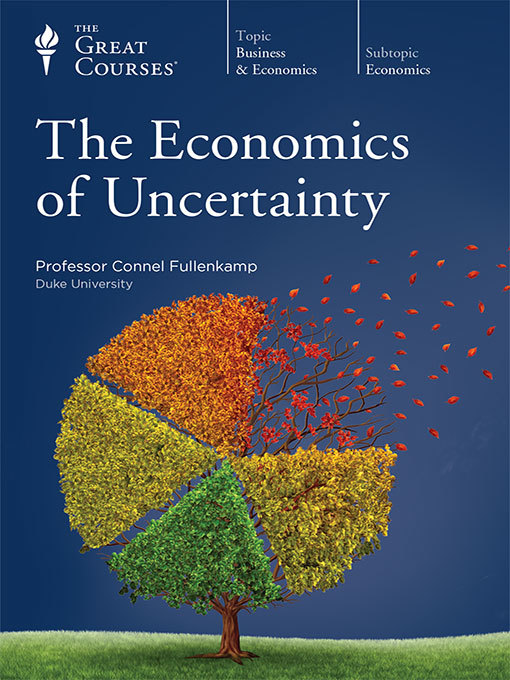Economies are deeply complex systems. The marketplace involves many economic actors behaving in rational and irrational ways, sustaining a dizzying array of interconnected activity. Because of the number of participants involved, the unpredictability of their actions, and the sheer variety of possible actions, some degree of economic uncertainty is inevitable.In one of the most dramatic displays of economic uncertainty in our times, a wave of toxic loans almost brought down the American financial system in 2008-2009, and with it jobs and savings. Few experts forecast this catastrophe, which stands as a lesson in the power of economic forces to defy our predictions. This event may have been exceptional, but every day we are all at the mercy of economic uncertainty in matters such as the stock market, insurance, and career and retirement planning.Uncertainty also plagues us in smaller ways. For example, everyone is familiar with rising prices, but the Internet now makes it possible for online shoppers to be charged more based on their buying history, adding a new level of unpredictability to pricing. And anytime you hire someone for a service - from roofing to dentistry - you face the principal-agent problem, in which the person hired may take unethical advantage of your lack of expertise.Indeed, these large and small risks are so pervasive that it is all too easy to conclude that nothing can be done. But economic uncertainty is like the weather: You can't stop storms from happening, but understanding how and why they happen allows you to be prepared. In the same way, economic uncertainty is beyond our control, but we're in a much better position to respond if we know what's happening and why.In 24 practical and empowering half-hour lectures, The Economics of Uncertainty takes the mystery and dread out of uncertainty, giving you the tools to deal with risk in every phase of your life.
- English
- Español
- 中文(简体)

